Coming to a beauty supply store near you: Trump’s trade war
Share
Explore Our Galleries
Breaking News!
Today's news and culture by Black and other reporters in the Black and mainstream media.
Ways to Support ABHM?
By Bracey Harris, NBC
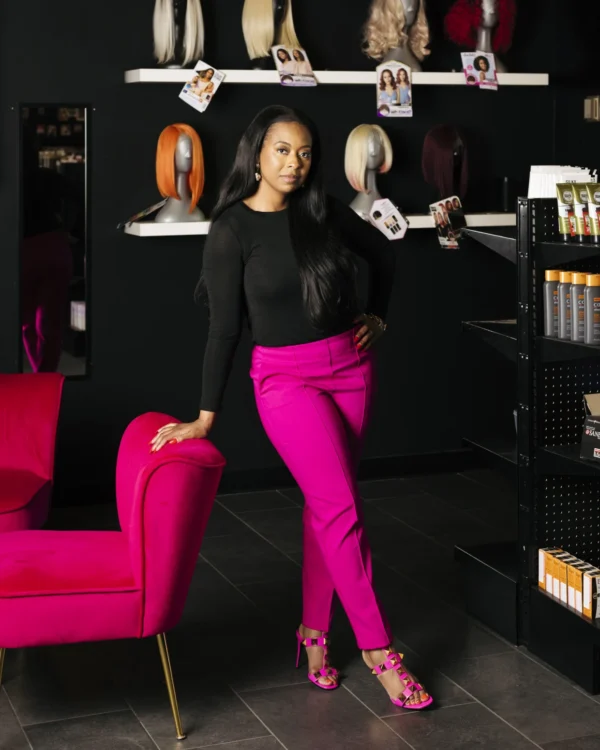
With its chandeliers and pink couches, Pink Noire, a Black-owned hair and beauty supply store in Memphis, Tennessee, seems a world away from the major industries caught up in the global trade war.
But owner Chasity Monroe is bracing for the Trump administration’s trade policies to hit her shelves. Tariffs have hiked the import fees on hair products she carries from overseas — by roughly 145% in the case of Chinese-made goods.
“It’s just been really scary for a small business that’s not been open long,” Monroe said.
[…]
In the United States, Black hair care is estimated to be a more than $2.5 billion industry. And foreign exporters are critical to that engine, providing everything from the wefts used in sew-ins to ingredients for ethnic hair care products, like shea butter imported from Ghana and elsewhere.
For many in the industry, that means the trade war is hitting close to home, causing ripple effects that threaten to squeeze small businesses.
Because Monroe, 40, buys many of her products directly from vendors based in China, she’s responsible for the taxes when they enter the country, and she has already seen some suppliers begin to increase prices. She will have to pass most of those costs on to customers, who may be unwilling or unable to pay, she said.
NBC has more details.
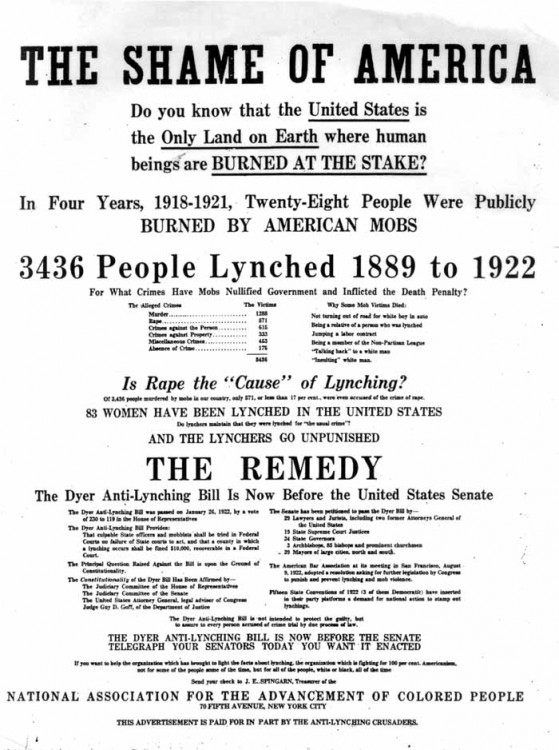
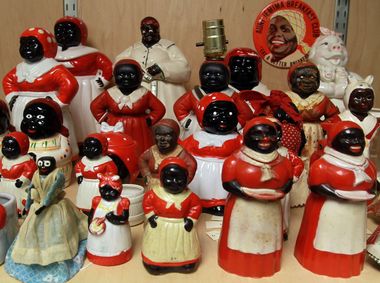
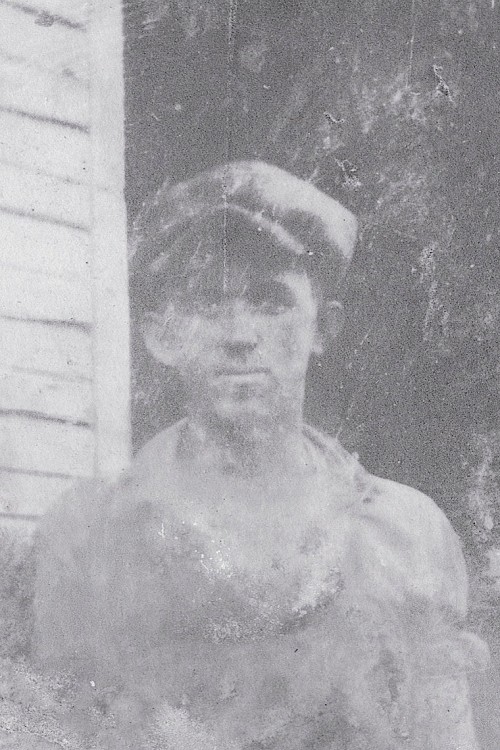
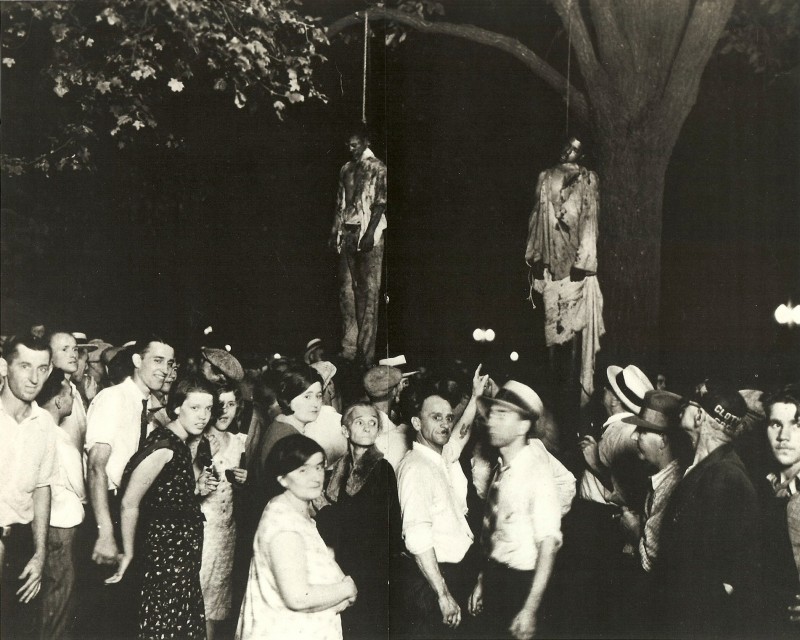
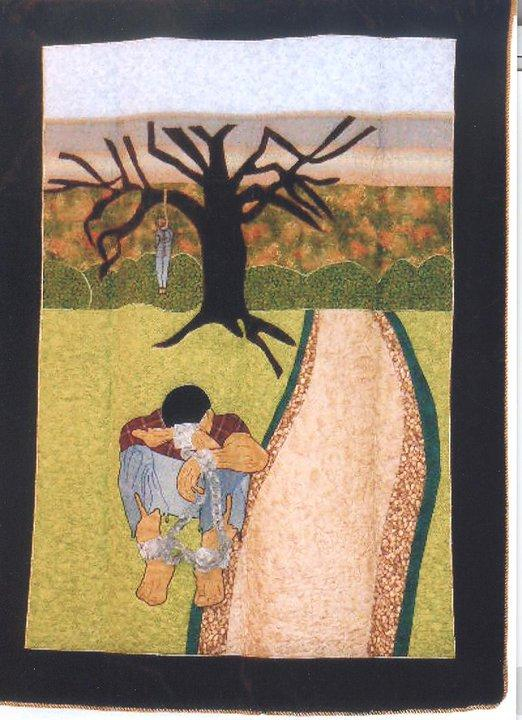

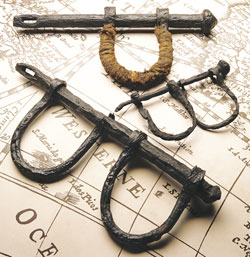


Comments Are Welcome
Note: We moderate submissions in order to create a space for meaningful dialogue, a space where museum visitors – adults and youth –– can exchange informed, thoughtful, and relevant comments that add value to our exhibits.
Racial slurs, personal attacks, obscenity, profanity, and SHOUTING do not meet the above standard. Such comments are posted in the exhibit Hateful Speech. Commercial promotions, impersonations, and incoherent comments likewise fail to meet our goals, so will not be posted. Submissions longer than 120 words will be shortened.
See our full Comments Policy here.